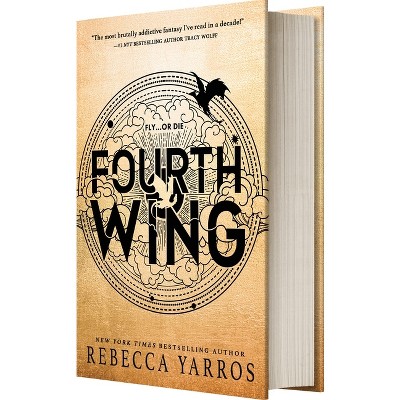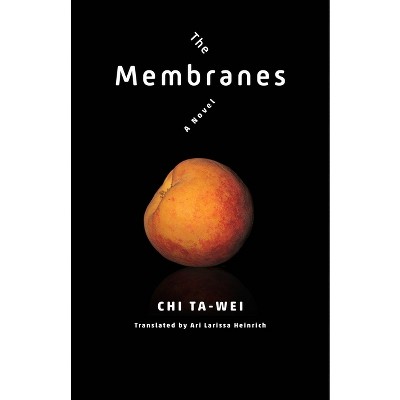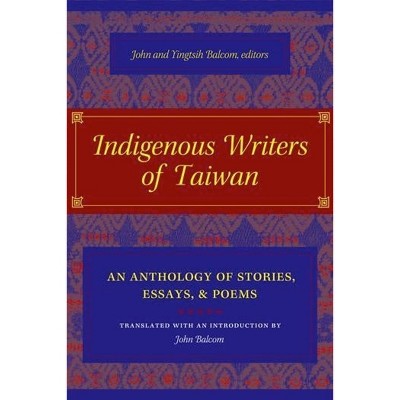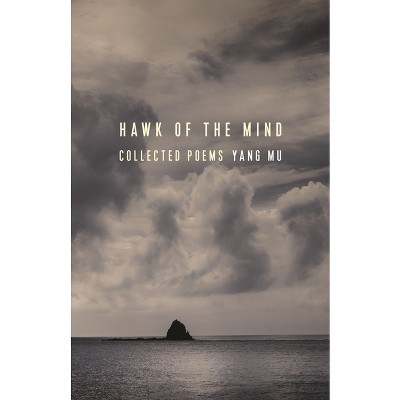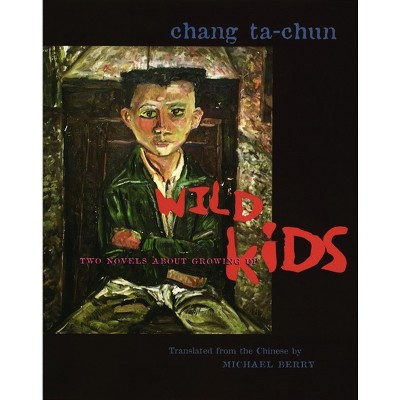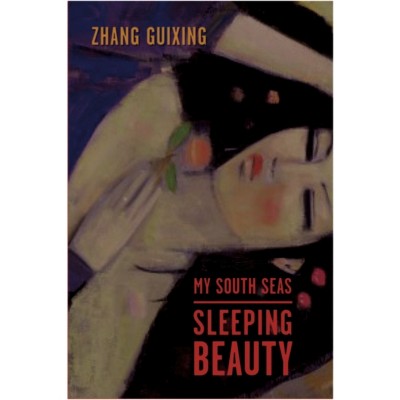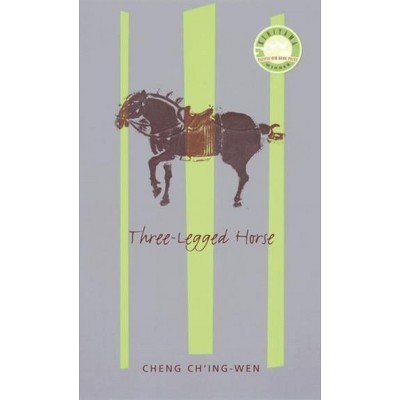The Last of the Whampoa Breed - (Modern Chinese Literature from Taiwan) by Pang-Yuan Chi & David Der-Wei Wang (Hardcover)

About this item
Highlights
- Whampoa Military Academy was China's first modern military institution.
- About the Author: Pang-yuan Chi is professor emeritus of English and comparative literature at National Taiwan University and editor-in-chief of Chinese Pen Quarterly.
- 288 Pages
- Literary Criticism, Asian
- Series Name: Modern Chinese Literature from Taiwan
Description
About the Book
Stories born of the trials and heartache of exile in Taiwan.
Book Synopsis
Whampoa Military Academy was China's first modern military institution. For decades the "Spirit of Whampoa" was invoked as the highest praise to all Chinese soldiers who guarded their nation heroically. But of all the battles these soldiers have fought, the most challenging one was the civil war that resulted in the "great divide" of China in the mid-twentieth century. In 1949 the Communists exiled a million soldiers and their families to compounds in Taiwan and cut off communication with mainland China for forty years.
The Last of the Whampoa Breed tells the stories of the exiles written by their descendants, many of whom have become Taiwan's most important authors. The book is an important addition to the vastly underrepresented literature of Taiwan in translation and sheds light on the complex relationship between Taiwan and the People's Republic of China. Western readers will not at first recognize the experiences of these soldiers who were severed from a traditional past only to face unfulfilled promises and uncertain futures. Many of the exiles were doomed to live and die homeless and loveless. Yet these life stories reveal a magnanimous, natural dignity that has transcended prolonged mental suffering. "I Wanted to Go to War" describes the sadly ineffectual, even comic attempts to "recapture the mainland." The old soldier in "Tale of Two Strangers" asks to have his ashes scattered over both the land of his dreams and the island that has sheltered him for forty years. Some of the stories recount efforts to make peace with life in Taiwan, as in "Valley of Hesitation," and the second generation's struggles to find a place in the native island society as in "The Vanishing Ball" and "In Remembrance of My Buddies from the Military Compound." Narrating the homeland remembered and the homeland in reality, the stories in this book affirm that "we shall not let history be burned to mere ashes."Review Quotes
"Seen through the eyes of the exiles' descendants, many of whom are prominent writers in Taiwan, the essays capture the historically tense relationship that still exists between mainland China and neighboring Taiwan." -- "Asian Week"
"Seen through the eyes of the exiles' descendants, many of whom are prominent writers in Taiwan, the essays capture the historically tense relationship that still exists between mainland China and neighboring Taiwan." -- Asian Week
"Seen through the eyes of the exiles' descendants, many of whom are prominent writers in Taiwan, the essays capture the historically tense relationship that still exists between mainland China and neighboring Taiwan." -- "Asian Week"
About the Author
Pang-yuan Chi is professor emeritus of English and comparative literature at National Taiwan University and editor-in-chief of Chinese Pen Quarterly. She is the editor of An Anthology of Contemporary Chinese Literature and Tears of a Thousand Years.David Der-Wei Wang is associate professor of East Asian languages and cultures at Columbia University. He is the author of Fictional Realism in Twentieth-Century China (Columbia)Shipping details
Return details
Trending Fiction



